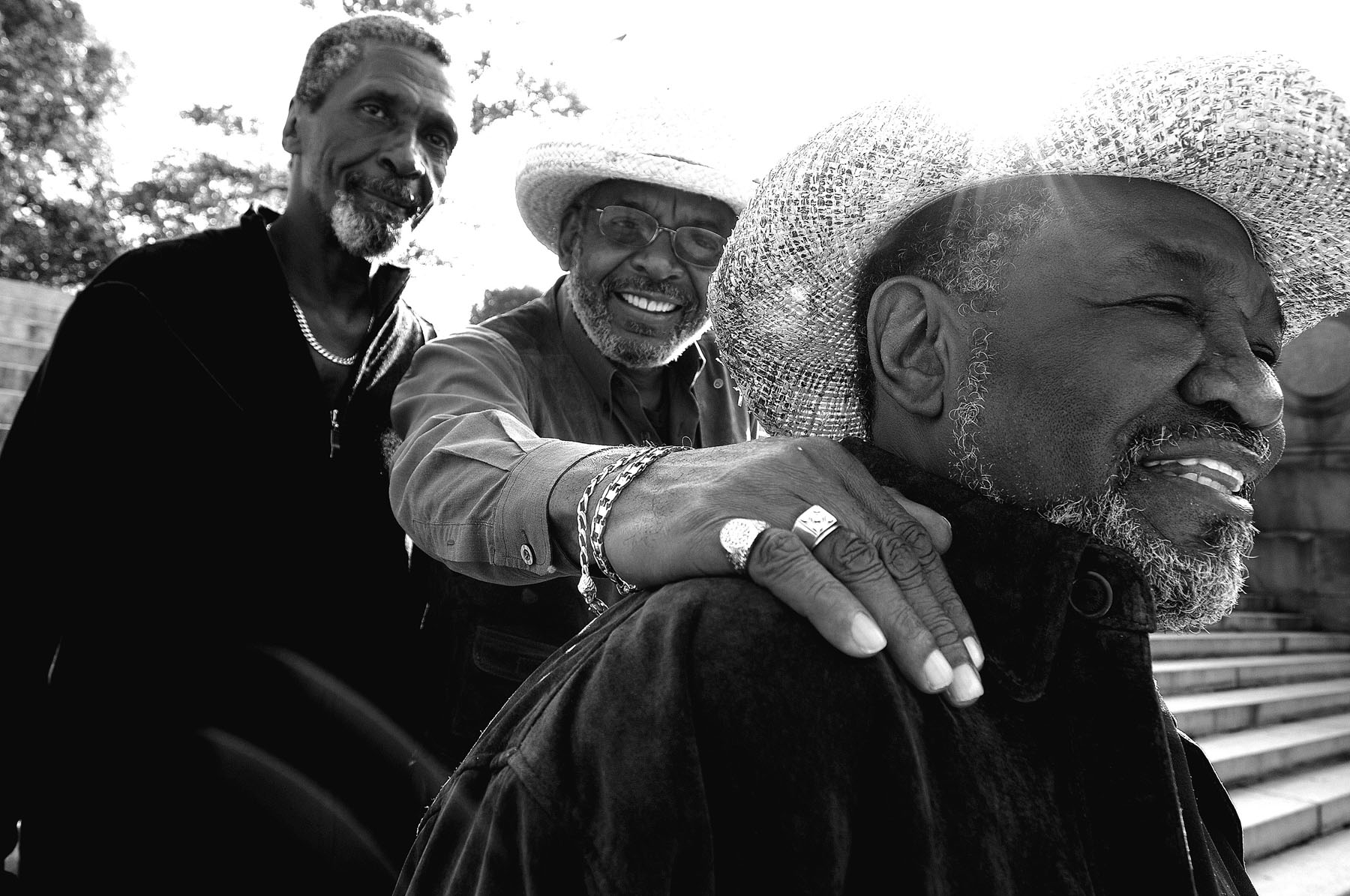
'Passion: Soul Music of Southern Europe' visits
Diverse in the stylistic details but united in their expressive power, three groups playing traditional music of southern Europe perform at the Bates College Chapel, College Street, at 8 p.m. Monday, Oct. 21. Sponsored by the Bates Multicultural Center, this production titled Passion: Soul Music of Southern Europe is open to the public at no charge.
The groups are Musicalia, playing the music of Italy’s Campania province; The Bisserov Sisters, representing the mountain-village singing of Bulgaria; and Ana Vinagre, who sings Portugal’s melancholy “fado” music. The bill is produced by the Center for Cultural Exchange, a Portland-based presenting organization.
While each of these musical traditions is strongly distinctive, they have certain elements in common, notably the expressive and harmonic influences made by the historic mingling of European and Islamic cultures.
“The passion of a Bulgarian singer’s pinched harmonies or a charismatic Neapolitan tarantella dancer, the wail of a fado singer . . . all reflect their communities’ encounter with the Islamic world and the intense performance style persisting in many Islamic cultures today,” writes James Bau Graves, of the Center for Cultural Exchange.
Founded by brothers Amerigo and Marcello Ciervo in 1979, Musicalia performs the music of Campania, the province surrounding the Bay of Naples, in southern Italy. The region is home to much stereotypical “Italian music” — the wistful air on the mandolin or the rollicking tarantella — but there’s a little-known, highly diverse village tradition too, and it’s this rich vein that the Ciervos are dedicated to preserving.
One of the clearest signs that world music had arrived appeared in 1987, when the Bulgarian choral group Le Mystere des Voix Bulgares became a surprise smash hit in Europe and then this country. Bisserov sisters Lyubimka, Neda and Mitra represent the same musical tradition, one that startles naïve ears and energizes receptive ones. It combines stunning open-throated singing, “odd” harmonies and baffling-but-gripping time signatures. The Bisserov Sisters “are among the greatest living proponents of this intricate and complex tradition,” Graves writes.
Of the three traditions Passion represents, fado may be the most familiar and accessible. Portugal’s own urban blues — “fado” means “fate” — is nostalgic, stylized and highly ornate, down to its delicate arrangements for 6-string guitar and the high-pitched “guitarra do fado.” Yet despite its formality, fado retains its emotional urgency when performed by someone like Ana Vinagre. Born in a fishing village, Vinagre began performing Portugal’s best-known music professionally at 13, and is now a leading fado interpreter on both sides of the Atlantic.
For more information about the concert, please call 207-786-6255.


